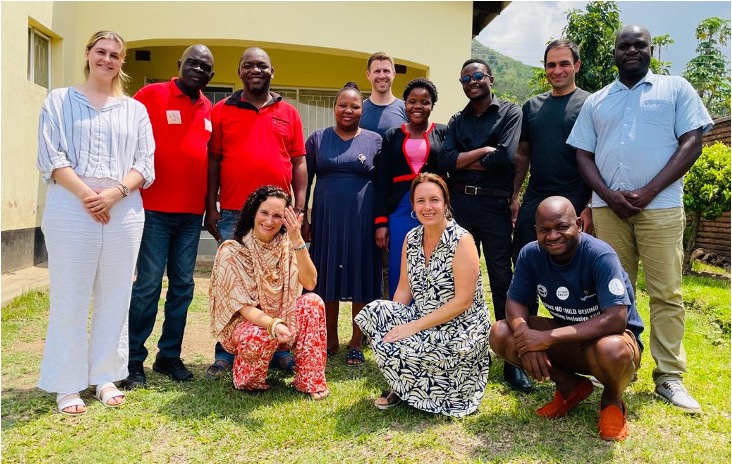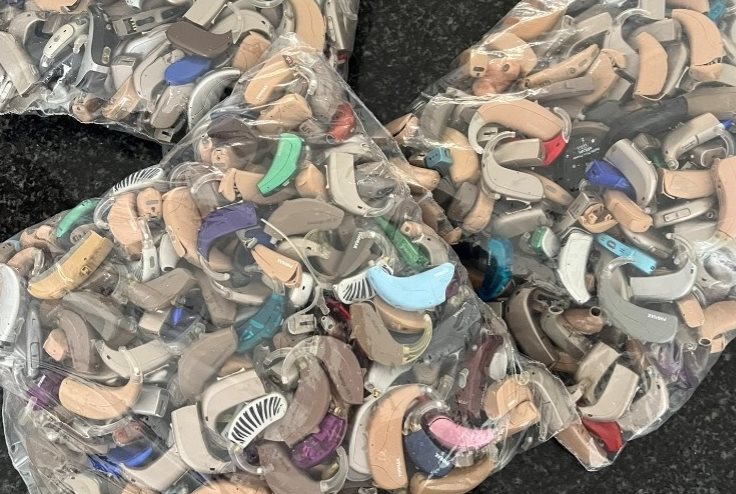About the research
Ear disease and hearing loss are prevalent and under-recognised disorders, with 80% of the 1.6 billion worldwide with hearing loss living in Low and Middle-Income Countries (LMICs). Hearing loss affects individuals, society and the economy, through effects on health, education, employment, and community. Recent advances in developing low-cost high-performance conventional (air conduction) hearing aids, and capability for self-fittingcould help many, but will fail to support two of the most disadvantaged groups: those with chronic suppurative otitis media (CSOM) and those congenitally deaf.
A £2.7 million grant awarded by NIHR allows for diverse, collaborative research across Zambia, Malawi and Cambodia, exploring how we can best enable community-based ear and hearing care.
This grant aims to:
- To evaluate the lived experience of individuals living with CSOM and children who are deaf, and the attitudes knowledge and beliefs of their families, teachers and community, to ensure current and future interventions are sensitive to their needs.
- To evaluate the effectiveness and uptake of interventions for community-based ear and hearing care: topical iodine for ear discharge in people with CSOM, low-cost bone conduction headsets for people with CSOM, and digital sign-language dictionaries for empowering Deaf culture.
- To train four PhD researchers in our partner countries (Malawi, Cambodia, Zambia) to become the academic leaders of the future in this field.
- To develop a global academic team that will lead future research in ear and hearing, focused on real world change, through impact on healthcare policy and practice.
The work is divided into in four work packages (WP), each aligned to a PhD, and working in communities in Zambia, Malawi and Cambodia. WP1 will use interviews, art and storytelling to explore the lived experience of adults and children living with CSOM to understand their knowledge beliefs and attitudes, as well as those of family members and community.
WP2 will be a randomised controlled trial of self-directed topical treatment for ear discharge in 480 adults and children with CSOM, with a view to understanding (in particular) if self-administered topical iodine is an effective treatment in the short and long-term.
WP3 will be a trial of a low-cost bone-conducting headset in a direct-to-consumer model, as a means to rehabilitate hearing loss in 150 adults and children with hearing loss due to CSOM.
WP4 will be a qualitative analysis of the lived experiences of children who are deaf in LMICs with a view to understanding enablers or barriers to empowerment and self-determination, and an exploration of the potential for a tech-based platform for sign language in this space.
Working with the deaf community is involved in every work package with the support of collaborators Deaf Kidz International, an award-wining international NGO that is targeted on Deaf empowerment in LMICs. This includes working with DeafReach (Pakistan) to evaluate the local context in each country before implementation of the sign language platform, and ongoing remote and in-person support.

BSMS, DKI and MANAD Staff Meeting in Blantyre, Malawi.

Hearing Aid donations